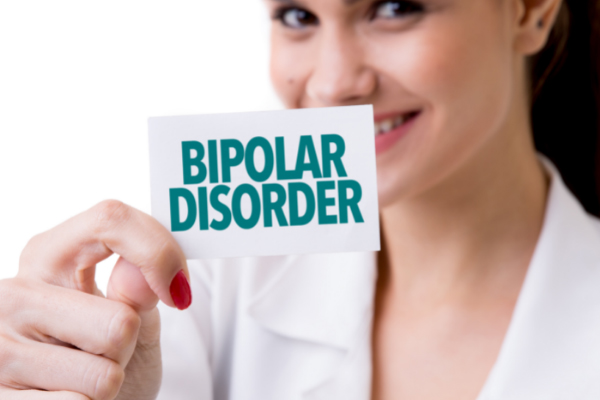Bipolar disorder is a severe mental health disease. People diagnosed with Bipolar will have periods of intense energy with high moods and subsequent periods of depression. An individual with bipolar disorder will also experience times when both mania and depression occur simultaneously, referred to as a ‘mixed episode.’ Bipolar disorder treatment typically involves medication to stabilize moods and behavioral therapy. The most damaging phase is the depressive state, as this can lead to self-harm or suicide. However, manic episodes are also concerning as some will engage in risky behaviors. When a person has four or more distinct episodes of major depression, then mania, or mixed episodes in one year, this is called ‘rapid cycling.’
Facts About Mania Episodes
When someone is manic, they will exhibit abnormally elevated moods and have very intense levels of energy. They will also experience repetitive and racing thoughts and appear hyper and motivated but in an uncontrolled way. People going through a manic episode will also experience psychosis, paranoia, hallucinations, and being out of touch with reality. Manic episodes can last up to a week, and during them, the person will ‘come down,’ so to say, and have brief sessions of depression. Although manic episodes are most occurring with bipolar disorder, there can be other reasons for exuding hyperactivity.
Does Bipolar Disorder Have a Genetic Component?
Researchers have confirmed that bipolar disorder has a genetic component and is identified frequently within family units. Unfortunately, Bipolar disorder has not received a comprehensive diagnosis. Psychiatrists and medical doctors rely on major depression and mania symptoms that stem from abnormal brain circuit function to diagnose Bipolar. Still, factors such as stress, alcohol or drug use and addiction, or a lack of sleep can also be misinterpreted as Bipolar disorder.
Who Can Be Diagnosed with Bipolar Disorder?
The statistics show that Bipolar disorder affects more than 10 million Americans. Both men and women, all racial groups, ethnicities, and age groups can be diagnosed with Bipolar disorder. However, the typical age at which most people are diagnosed with Bipolar is age 25. Research also indicates that rapid cycling is seen more often in women. In addition, women are more likely to experience depressive and mixed-state episodes more often than men. The National Institute of Mental Health explains that Bipolar can be hereditary. So, if someone in your family is diagnosed with Bipolar, it must be considered.
“Bipolar disorder often runs in families, and research suggests that this is mostly explained by heredity—people with certain genes are more likely to develop bipolar disorder than others. Many genes are involved, and no one gene can cause the disorder.” (NIMH)
Understanding Depressive Episodes
When someone suffers from a depressive episode, they are usually experiencing lower moods and losing interest in many activities. Other symptoms of a depressive episode are tiredness and fatigue, disinterest in self-care or loss of appetite or overeating, feelings of despair, and suicidal thoughts or plans. Depressive episodes may last as long as six months and can vary in duration depending on the individual.
The DSM-5 diagnostic criteria for a major depressive episode states that the depressive episode is a period of depression that persists for at least two weeks. (NIMH)
What Treatments Are Effective for Bipolar Disorder?
Bipolar disorder is treated with safe medications and psychotherapy ( behavioral therapy). The medications will control symptoms, and ongoing counseling as therapy will help the person’s symptoms improve. Bipolar patients also benefit hugely from support groups and small group counseling. It is essential to understand that there is no cure for bipolar disorder. However, the treatment and therapy will manage symptoms and allow the person to enjoy life. The following treatment programs are ideal for Bipolar disorder:
- Medication-Assisted Therapy (MAT) to balance moods
- Intensive Treatment for B-polar Disorder to stabilize the individual
- Outpatient Treatment for long term support
- Behavioral Therapy for intensive emotional healing
- Individual Counseling for Other Facets related to Bipolar Disorder
Evoke Wellness in Massachusetts Has Bipolar Disorder Therapy and Treatment
To get help right now for your Bipolar disorder, we urge you to call one of our clinical program representatives. They will help you decide what treatment and therapy will best meet your needs. Bipolar disorder is treatable, and we have helped thousands of patients come to our Bipolar treatment center confused and tired and finished their therapy and treatment feeling revived and stable. So call now for immediate help and chat or email to learn more.




